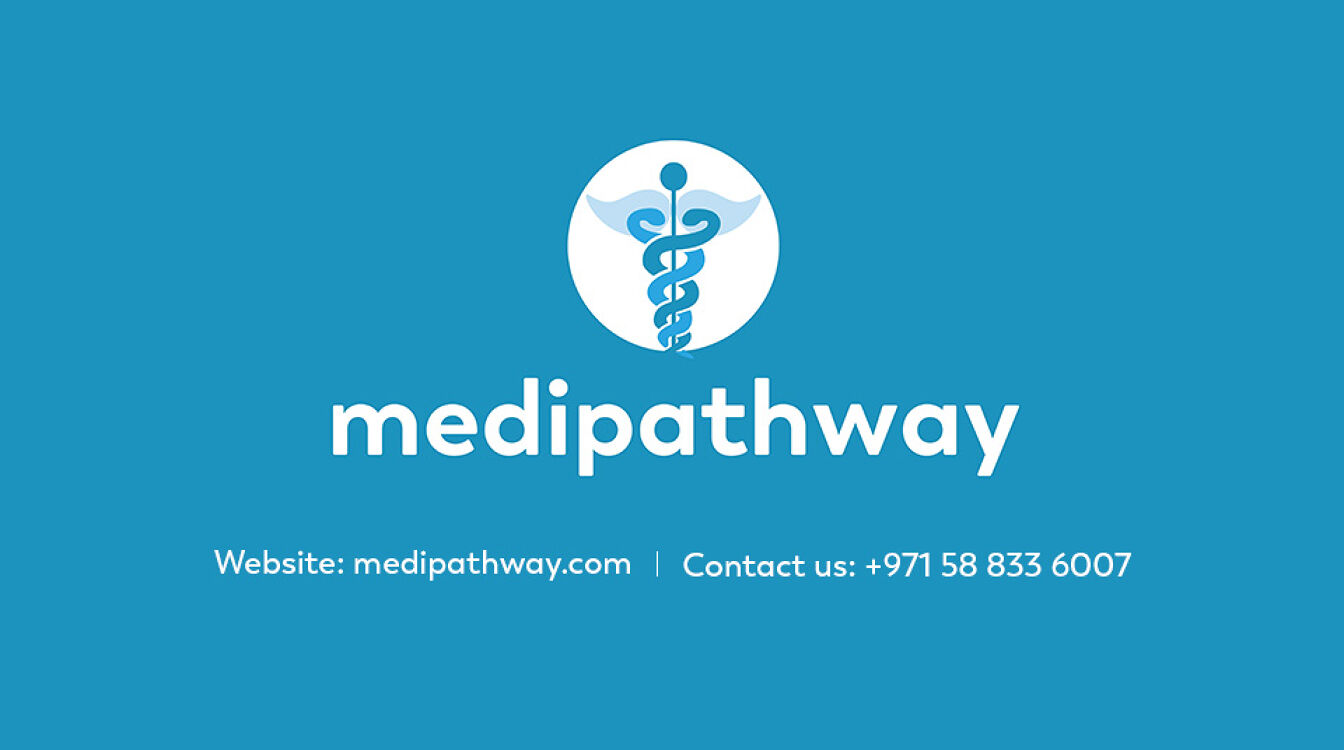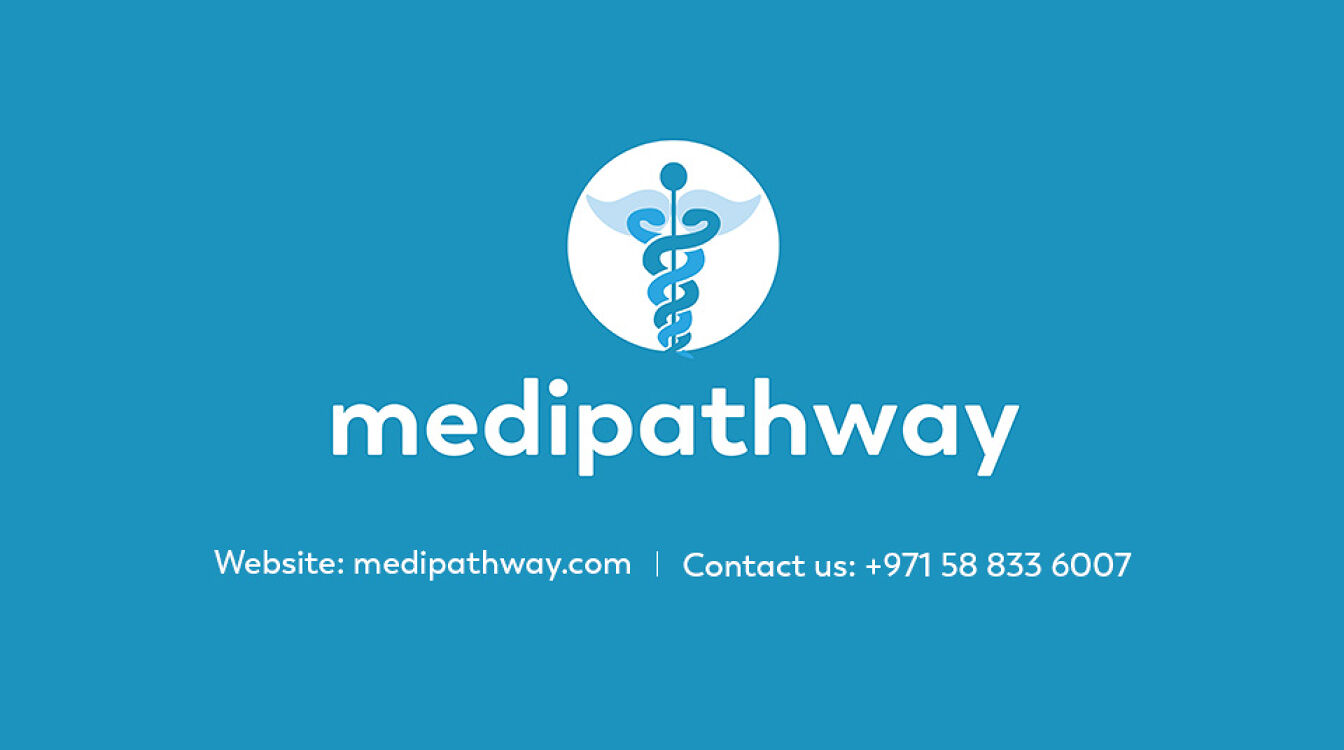Medipathway: Step-By-Step Guide to Applying to Medical Schools in the UK
Medical school is a long and challenging course. You should start preparing early on. Attend university open days and talk to current students about their experiences.
You must complete a UCAS application, attend interviews and take Admissions tests such as the UCAT or BMAT. These are used along with Personal Statements and References to select which candidates should be offered a place on the course.
Admissions Process
When applying to medical school, students should be aware that the application process is incredibly competitive and they will need to meet all of the university’s requirements. These include a UCAS application, a personal statement, and academic references. Students should check the individual universities’ websites to find out what these are. In addition, they should attend all open days they can to see if they like the university’s atmosphere and whether it is right for them.
Aside from excellent grades, medical schools look for applicants with commitment, perseverance, and initiative. They also expect students to show care and concern for others. Students who do not meet these criteria will not be offered a place on the course. The most common route into Medicine is an undergraduate degree which lasts 5 or 6 years and earns students a Primary Medical Qualification (MBBS, BMBS, or MB ChB). There are also a number of graduate entry degrees available to qualified graduates.
Personal statement
Medical school admissions in the UK are highly competitive, and even well-qualified students can fail to gain acceptance. But it is possible to improve your chances by writing a strong personal statement, getting work experience, and attending university open days.
Your personal statement is a major part of your application, and it’s important that you put a lot of thought into it. It is a chance to tell the admissions officers why you want to study medicine and what makes you unique. Many schools have specific topics that they ask applicants to address or a word count, so make sure you check those instructions carefully.
Interviews are conducted from November through April in Year 13 (or equivalent). Most medical schools interview candidates in person, although some offer multiple mini-interviews or panel interviews that involve a group of people questioning a single student at a time.
Interviews
Once you’ve completed your UCAS application, you will be invited to interview at the medical school you have chosen. Interviews are an essential part of the admissions process and are used to evaluate your academic suitability for medicine.
Medical schools use different methods to assess applicants, including personal statements, references, and interviews. Typically, interview scores settle tiebreaks, but some schools (such as Nottingham) also consider the Personal Statement to give them insight into an applicant’s personality and motivation.
Many universities have slightly different interview formats, but generally, you can expect to be asked questions such as:
UCAS application
With oversubscription and high standards, it is important that applicants apply to Medical Schools that are the best fit for them. Medical School admission staff will only see the five choices that a student makes on their UCAS application, so it is important to choose carefully. Generally, all universities require an admissions test, and many also have a Personal Statement requirement. Some universities also require a teacher reference.
The UKCAT (UK Clinical Aptitude Test) and BMAT (BioMedical Admissions Test) are two of the most common admissions tests in the UK. Both tests are online and assess logical thinking skills. The websites for each test provide information about registration and completion deadlines, along with past practice papers, question banks, and other resources.
The interview style varies between medical schools, but most use a series of multiple mini-interviews or panels. Some ask questions about ethical issues, while others may focus more on assessing your communication skills and values. Work experience is also often a focus, although this will vary between universities.




Comments
Post a Comment